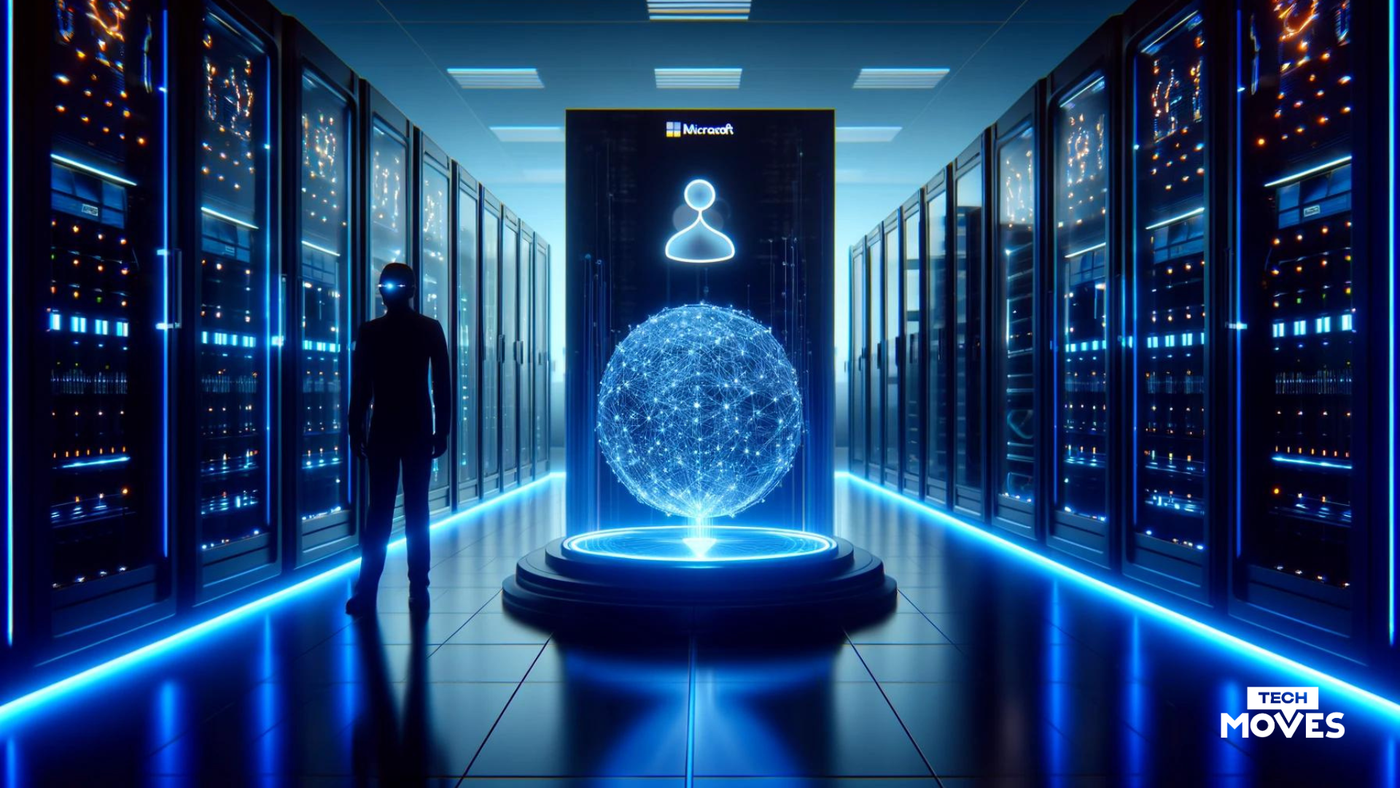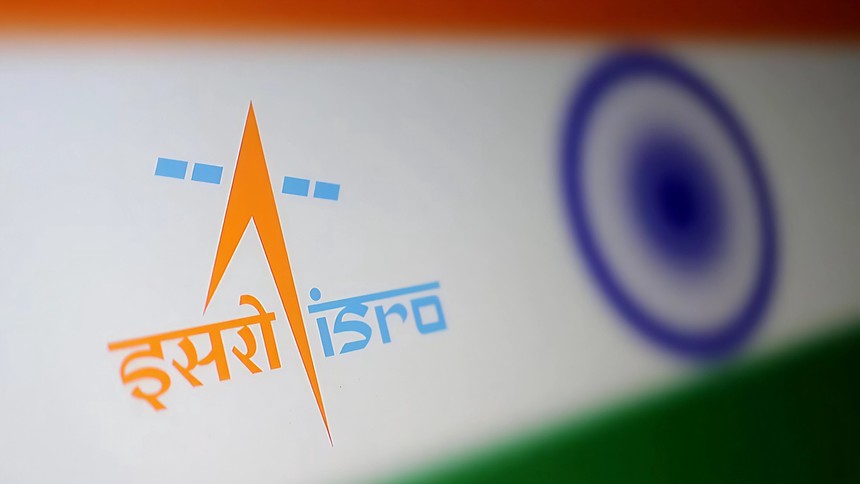In an ambitious move that underscores the rapidly growing influence of generative AI (GenAI) in the tech industry, Microsoft and OpenAI have set their sights on a monumental project dubbed "Stargate." This venture aims to erect a supercomputer data center in the U.S., with a staggering budget of $100 billion. Scheduled for launch by 2028, Stargate represents a significant leap forward in AI-powered infrastructure, designed to support the advanced models developed by OpenAI, including the much-anticipated future iterations like GPT-5.
Scaling for the Future of AI
The drive behind Stargate is fueled by the increasing demand for GenAI applications, which necessitates data centers capable of handling intricate AI models and processing vast amounts of data. Such facilities need to scale efficiently to meet escalating workloads, a challenge that Microsoft and OpenAI are prepared to tackle head-on. According to Microsoft spokesperson Frank Shaw, Microsoft's commitment to building state-of-the-art AI infrastructure has been pivotal in deploying leading AI models globally. Stargate is envisioned as the culmination of this ongoing effort, set to push the boundaries of AI capabilities further.
A Phased Approach to Innovation
The Stargate project is planned to unfold in five phases, with Microsoft and OpenAI currently in the midst of the third phase. A significant investment is directed towards acquiring AI chips, critical components for the supercomputers' operations. Since March 2023, Microsoft has integrated Nvidia chips for powering OpenAI, along developing its own customized AI chips like the Azure Maia 100 and Cobalt 100. The choice of chips for Stargate will be pivotal, potentially involving Microsoft's in-house silicon alongside other leading technologies.
Projected to be the largest in a series of supercomputing data centers, Stargate's $100 billion investment is unparalleled, dwarfing the costs of even the most extensive data centers globally. The facility is expected to sprawl over hundreds of acres, harnessing over 5 gigawatts of power and incorporating millions of processors dedicated to AI workloads. Such a vast undertaking also brings into focus the high energy demands, prompting discussions around sustainable and alternative energy sources to power the behemoth.
Deepening Ties Between Microsoft and OpenAI
This venture is a testament to the deep-seated partnership between Microsoft and OpenAI, rooted in Microsoft's initial $1 billion investment in 2019. To date, Microsoft's financial commitment to OpenAI exceeds $13 billion, supporting a shared vision of advancing AI technology. Microsoft's Azure-hosted supercomputers, including those outfitted with tens of thousands of A100 chips, have already laid the foundation for this ambitious project.
As Stargate gears up for its expected completion in 2028, the tech community eagerly anticipates the advancements it promises to bring. With reports of a "materially better" working prototype of GPT-5 already in existence, the project's success hinges on OpenAI's ability to leverage unprecedented computing power to pioneer the next generation of AI models. As we edge closer to this future, Stargate stands as a bold declaration of the potential within AI to reshape our technological landscape, driving innovation at an unimaginable scale.














